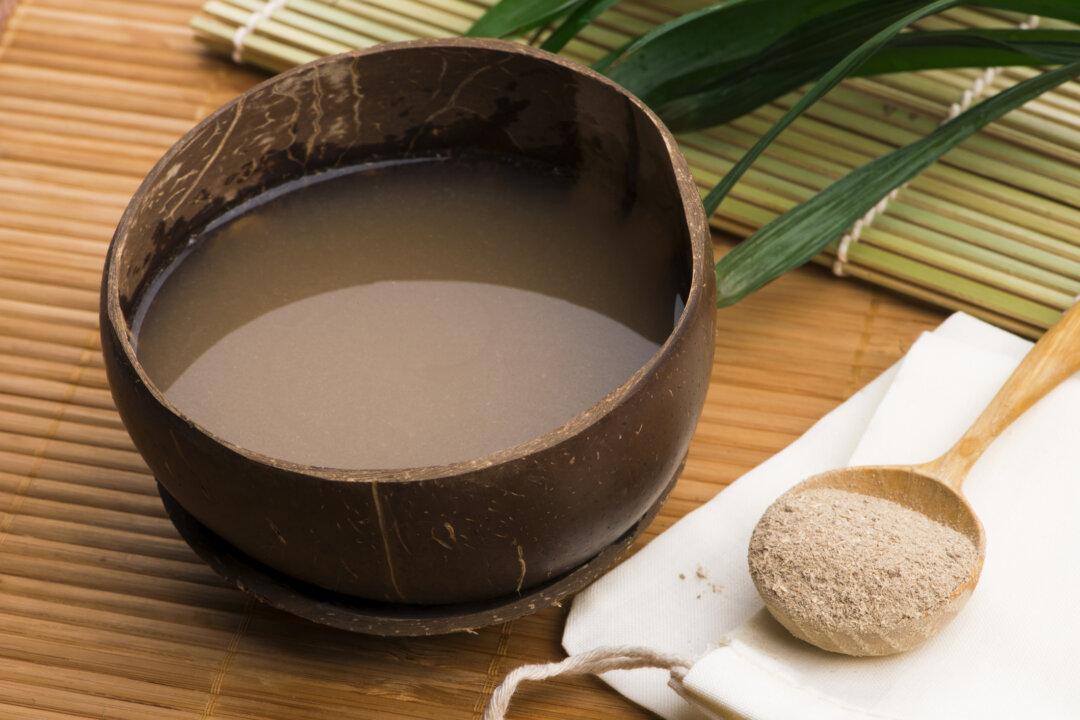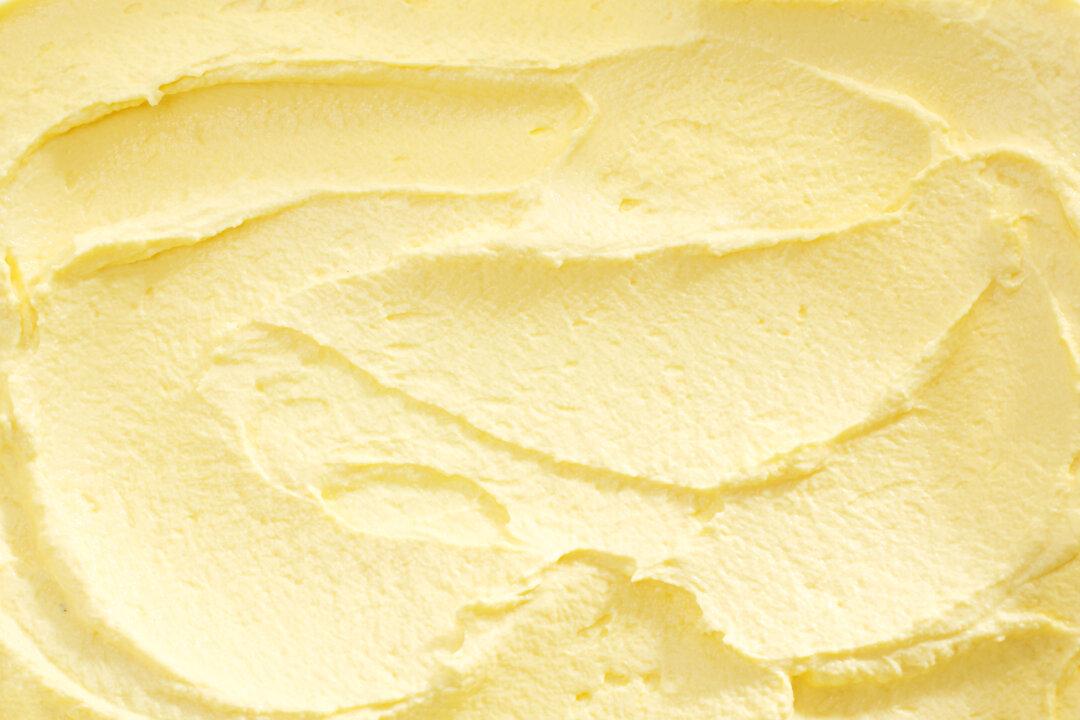Kava is a compound (extracted from a plant member of the pepper family called Piper methysticum) native to islands of the western Pacific.
Overview
The root of the plant is emulsified into a beverage or it can be dried and incorporated into dietary supplement form. Kava may also be called kava-kava, kavain, yaqona, and more.Historically, kava has been used for thousands of years in religious rituals and ceremonial practices and for its medicinal effects, such as pain reliever, muscle relaxant, and as a remedy for anxiety, nervousness, and insomnia.





